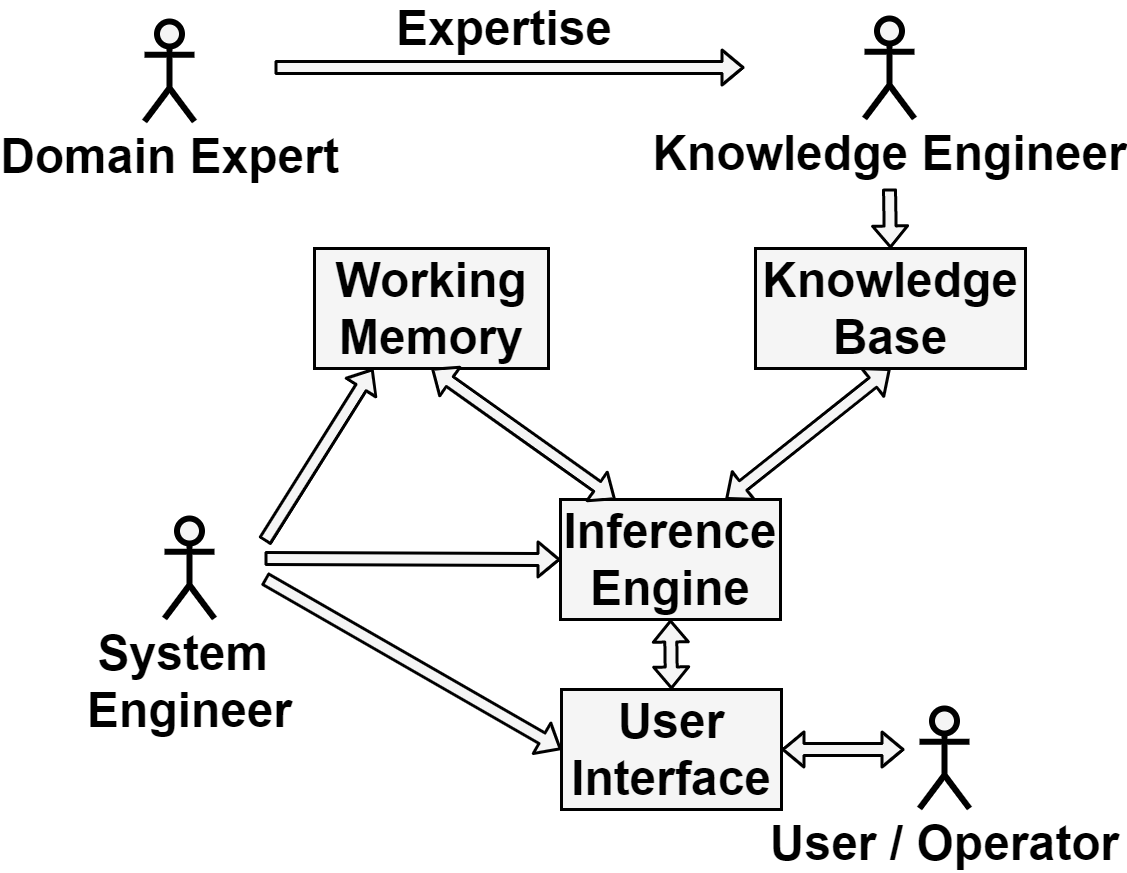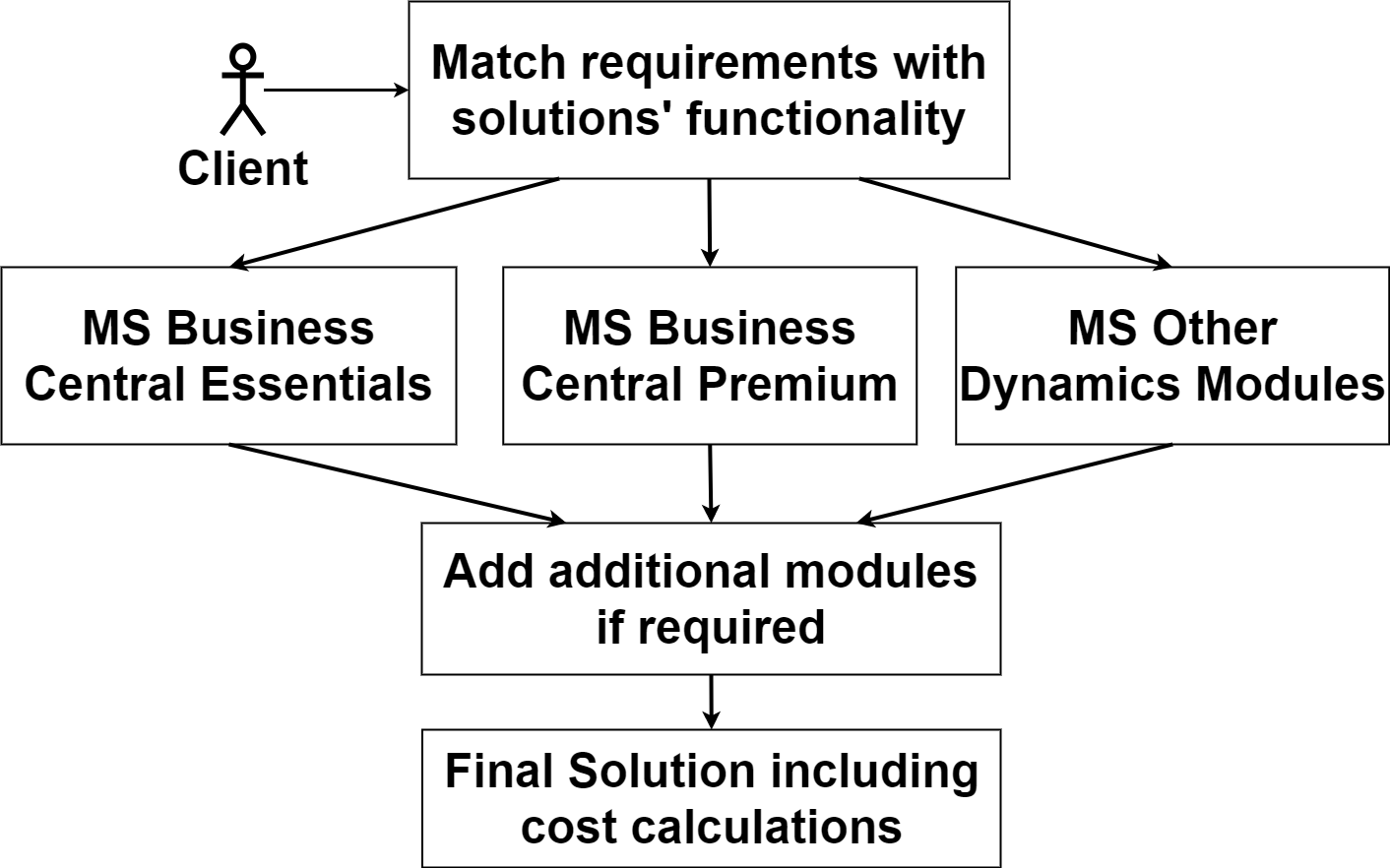Expert systems make use of artificial intelligence (AI) techniques in conjunction with human (hence, ‘expert’) knowledge and experiences. Through this combination, these systems could provide expert advice to the end user. Expert systems are used within various domains that are classified as complex, hence requiring a high level of expertise (see Figure 1). In this project, an expert system was used to elect an enterprise resource planning (ERP) solution – a computer system that helps an organisation integrate different business processes, and their respective modules, with the aim of improving the management of these processes. Therefore, it also improves efficiency in general. [1]
ERPs are expensive solutions. Hence, the right choice of vendor and product would be crucial to the organisation’s IT infrastructure modernisation process. Apart from being assessed from a functional perspective, such new systems must be evaluated from a budget perspective. Acquisition costs and cost of ownership could provide to be unsustainable in the long run [2].
This project set out to identify and configure an expert system for the selection of an ERP system for small and medium-sized enterprises (SMEs). This system was used during the evaluation process of an ERP. The following were the main objectives of this study:
1. Finding the right expert system that would be able to assist in such decision-making.
2. Acquiring knowledge through appropriate methodologies.
3.Populating the expert system with the appropriate knowledge and rules.
4. Identifying ideal ERP solutions for a given problem. Incidentally, different Microsoft (MS) Dynamics 365 ERP solutions were evaluated in the process.
5. Finally, the expert system should suggest the right solution for the problem (see Figure 2).
A number of case studies based on SMEs were conducted to better understand the complexity and challenges through hands-on experience.


References/Bibliography
[1] S. Katuu, “Enterprise Resource Planning: Past, Present, and Future,” vol. 25, pp. 37–46, 2020, doi: 10.1080/13614576.2020.1742770.
[2] A. Uţă, I. Iulian, and M. Rodica, “Criteria for the selection of ERP software,” 2007.
[3] P. Golański and P. Madrzycki, “Use of the expert methods in computer-based maintenance support of the M-28 aircraft,” vol. 201, pp. 5–12, 2015, doi: 10.5604/0860889X.1172060.
Course: B.Sc. IT (Hons.) Computing and Business
Supervisor: Dr Conrad Attard
Co-supervisor: Prof. John M. Abela
